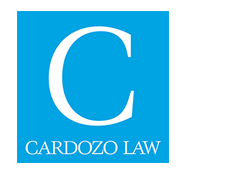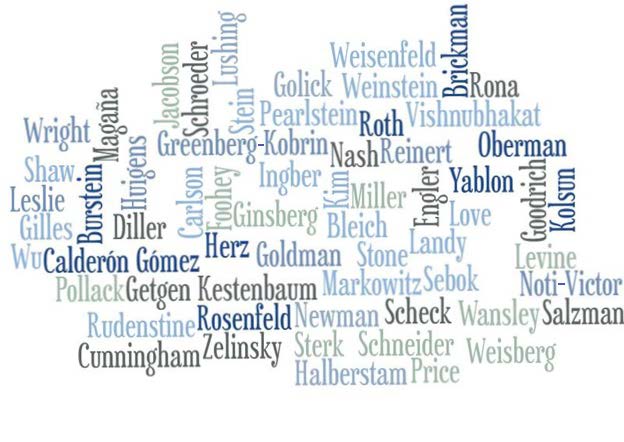Publication Date
4-2016
Journal
William & Mary Business Law Review
Abstract
The five-justice Wynne majority used that case to make a major statement about the dormant Commerce Clause. In many respects, Wynne is an enigma that perpetuates an inherent problem of the Courts dormant Commerce Clause doctrine: the Court declares some ill-defined taxes as unconstitutionally discriminatory because they encourage in-state investment, while other economically equivalent taxes and government programs that similarly encourage intrastate economic activity are apparently acceptable under the dormant Commerce Clause.
Wynne is thus more important than the immediate situation it addresses, and will have consequences beyond the immediate circumstances it addresses. A decision as enigmatic as it is important, Wynne raises as many questions as it answers. Among these are the continuing viability of external consistency and apportionment, concepts that have been central to the Courts formulation of the dormant Commerce Clause. Wynne also undermines the Courts traditional tolerance of the double state income taxation of dual residents because such double taxation can encourage a dual resident to undertake single-taxed in-state economic activity rather than make investments subject to such double taxation.
Volume
7
First Page
797
Publisher
William & Mary Law School
Keywords
Wynne, dormant commerce clause, double taxation, external consistency, internal consistency, apportionment, nondiscrimination
Disciplines
Constitutional Law | Courts | Law | Tax Law
Recommended Citation
Edward A. Zelinsky,
The Enigma of Wynne,
7
Wm. & Mary Bus. L. Rev.
797
(2016).
https://larc.cardozo.yu.edu/faculty-articles/524



